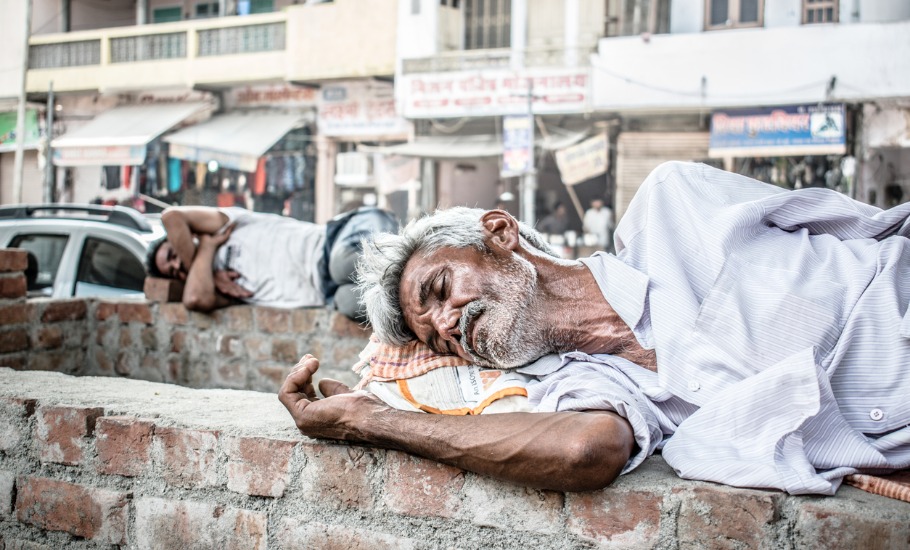
Can’t ban begging due to COVID, it is a human problem, says SC

The Supreme Court has said it cannot take an elitist view and pass an order restraining beggars, gypsies and the homeless from begging at traffic junctions, markets and public places to avoid the spread of COVID-19. It said a large number of people, including children, were compelled to be on the streets to beg in the absence of education and employment.
A two-judge bench of Justices DY Chandrachud and MR Shah said on July 27 that begging was a socio-economic issue that could not be remedied by a court order.
“This is a human problem which has to be redressed by the welfare state in a manner which accords with Part III (fundamental rights) and IV (directive principles of state Policy) of the Constitution”, the bench said.
Also read: Why coronavirus should teach Indian economy the art of self-reliance
Chinmoy Pradip Sharma, senior advocate for the petitioner Kush Kalra, clarified that the objective of the petition was one that sought a direction for the rehabilitation of those who were compelled to be on the streets to eke out a living by begging.
Sharma said there was an urgent need to ensure that the vaccination programme included them like all other citizens.
The court agreed to issue notice since the prayer which gave the impression of seeking to restrain begging was not pressed by the petitioner. The court, however, told the petitioner to amend the prayer.
It also sought the assistance of the Solicitor General in the matter.
The court said it would expect a response from the Centre and the government of NCT Delhi on the steps being taken to deal with the situation. The matter will be heard on August 10.
The Bombay Prevention of Begging Act, 1959, which is applicable to Delhi, makes begging an offence and prescribes for detention of those found begging in public places.
Also read: UAE: Indian woman lawyer helps over 2,000 stranded Indians return home
There is no updated record of the number of beggars in the country who have been out on the streets since the pandemic hit the country last year. However in 2018, the government had told the Lok Sabha that the country has over 4 lakh beggars, with the highest of 81,000 beggars living in West Bengal alone. Lakshadweep had just two vagrants, the government added.
West Bengal ranked top with 81,224 beggars followed by 65,835 beggars in Uttar Pradesh, 30,218 in Andhra Pradesh, 29,723 in Bihar, 28,695 in Madhya Pradesh, 25,853 in Rajasthan, then Social Justice Minister Thawar Chand Gehlot said in a written reply.
As many as 4,13,670 beggars are residing in India, which consist of 2,21,673 males and 1,91,997 females, according to the 2011 census. Interestingly, in states like West Bengal, Assam and Manipur, female beggars outnumbered their male counterparts, said the minister.

